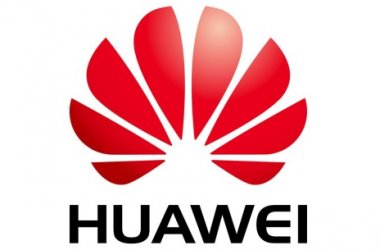 Gartner Wednesday revised its worldwide IT spending forecast upward, mostly in response to strong 2010 sales of media tablet computers like Apple’s iPad.
Gartner Wednesday revised its worldwide IT spending forecast upward, mostly in response to strong 2010 sales of media tablet computers like Apple’s iPad.
And, Gartner noted, as sales of tablets increase , the average price of the devices in 2015 will be about half of what it is today.
Price reductions, of course, are expected as electronics products are commoditized, but in this case Gartner is forecasting a significant rate of decline.
The Gartner report notes that in 2010, there were 17.6 million tablets, mostly Apple iPads , sold at an average price of $543 apiece,.
In 2011, Gartner expects 69.5 million tablets will be sold worldwide in a more competitive market. It expects an average sales price of $423.
Gartner said it expects the average price of tablets will continue to decline from there, hitting $300 in 2013 and $263 in 2015, when the consultant expects that nearly 295 million tablets will be sold.
Some of the tablet growth is coming at the expense of PC spending, a trend that PC vendors have noticed.
Gartner today said sales of Apple’s iPad and other tablet computers have prompted it to raise its 2011 IT spending forecast to $3.6 trillion, 5.6% more than it previously estimated. Gartner releases a spending forecast each quarter.
Of the global total, U.S. IT spending in 2011 is estimated at $1.022 trillion, 4.6% higher than 2010, said Gartner.
Richard Gordon, an analyst at Gartner, gives tablet sales a large measure of credit for the revised worldwide IT spending forecast increase.
Gordon said this latest forecast is able to take into account last year’s tablet spending, which gives analysts a better understanding of what’s ahead.
“The market has gone from essentially zero a couple of years ago to fairly healthy growth,” said Gordon.
Worldwide tablet spending is expected to total more than $29 billion this year, up from some $10 billion in 2010, Gartner said.
The big question this quarter is how global events, such as Middle East battles and the repercussions from the earthquake and tsunami in Japan, will impact spending, said Gordon.
“At this stage, we’re not ready to make any radical changes to the spending figures, because we’re still kind of looking at the impact,” said Gordon. But, referring to Japan, he said “as time goes on it looks like the disruptions are not going to be as bad as first thought.”
“The supply chain is probably flexible enough to smooth out some of the disruptions,” said Gordon.
The Middle East share of global IT spending is approximately 2%, said Gartner.





